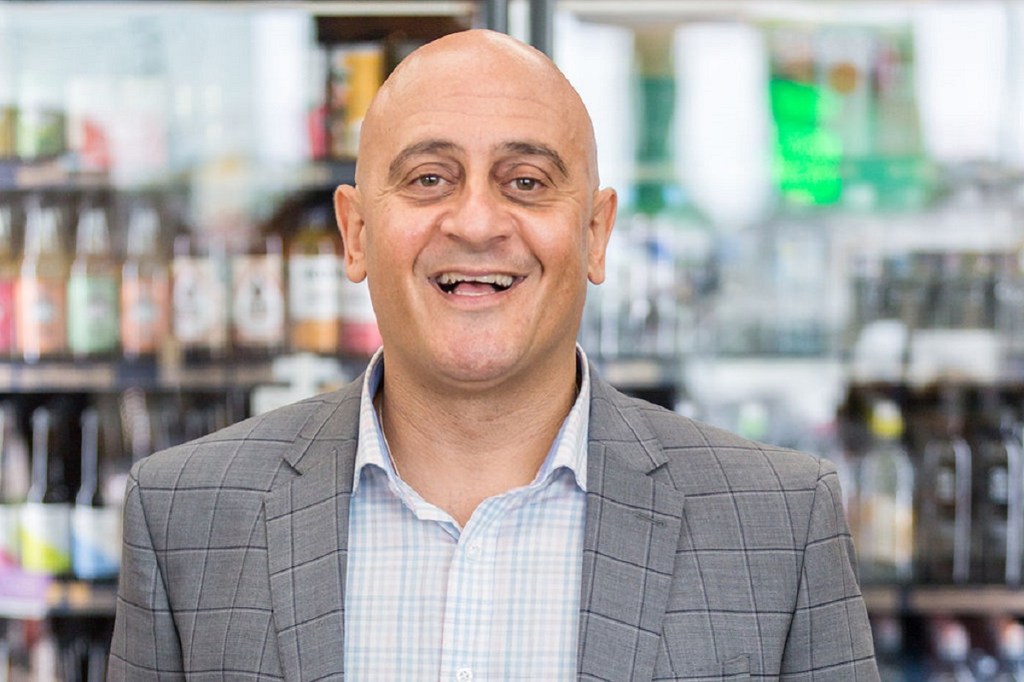The Australian Association of Convenience Stores (AACS) has congratulated the Albanese Government on the release of its National Electric Vehicle Strategy, saying it’s a “good step in the right direction”.
The Federal Government’s Electric Vehicle Strategy aims to boost supply and demand of EVs in Australia, where uptake has been around four times lower than the global average.
However, with an increase in EVs comes the increased need for publicly available EV charging infrastructure, and AACS is calling on the Federal Government to help small business petrol station owners with funding the critical power grid upgrades needed to invest in fast charging bays.
Theo Foukkare, CEO, AACS, said business owners are wanting to offer the renewable energy option, however most are not able to fund the hefty cost involved.
“We’ve got thousands of AACS members across the nation that want to go green – but they’re not able to get their hands on half a million dollars on their own,” he says.
“AACS is supportive of any plan to help Australians reduce emissions. However, we really think a government funded program that helps small business owners to pay for these critical upgrades is essential to achieve that.
“Energy and environmentally conscious Aussies are expected to drive a significant increase in EV sales this year, but right now there are not enough recharge stations to service existing EV drivers.
“Public infrastructure charging is being rolled out slowly by the federal and state and territory governments, however, most only include slow charging equipment.
“That means they can only be used by two cars at once, potentially leaving other drivers waiting hours before they are even able to plug in.”
Foukkare also warned that the slower charging stations being rolled out by governments often lacked access to basic amenities.
“Australian motorists expect amenities like toilets, a place to sit and eat or enjoy a coffee, free WiFi and even somewhere to do a small grocery top up,” he says.
“Our members already have those facilities – and they employ more than 70,000 people across Australia – so they could certainly do with the extra custom.
“The new EV charging companies don’t understand mobility trends and consumer usage like the convenience and mobility sector does – we’ve have been doing it for decades.”
AACS has also suggested that a grants program would help to address a “charging void” for the thousands of Australian drivers who do not have the ability to recharge an EV at home.
“About 25 per cent of Australia drivers don’t have off street parking, so short of running an extension cord from their house to the street – they will need to be able to recharge at a local convenience store,” says Foukkare.
To stay up to date on the latest industry headlines, sign up to the C&I e-newsletter.


This is a terrible idea and no real long-term benefit when the Australian emission = less then 1.4% of global. So much investment for very very very little global benefit.
What’s going to happen to all the petrol cars on the road today – recycle??